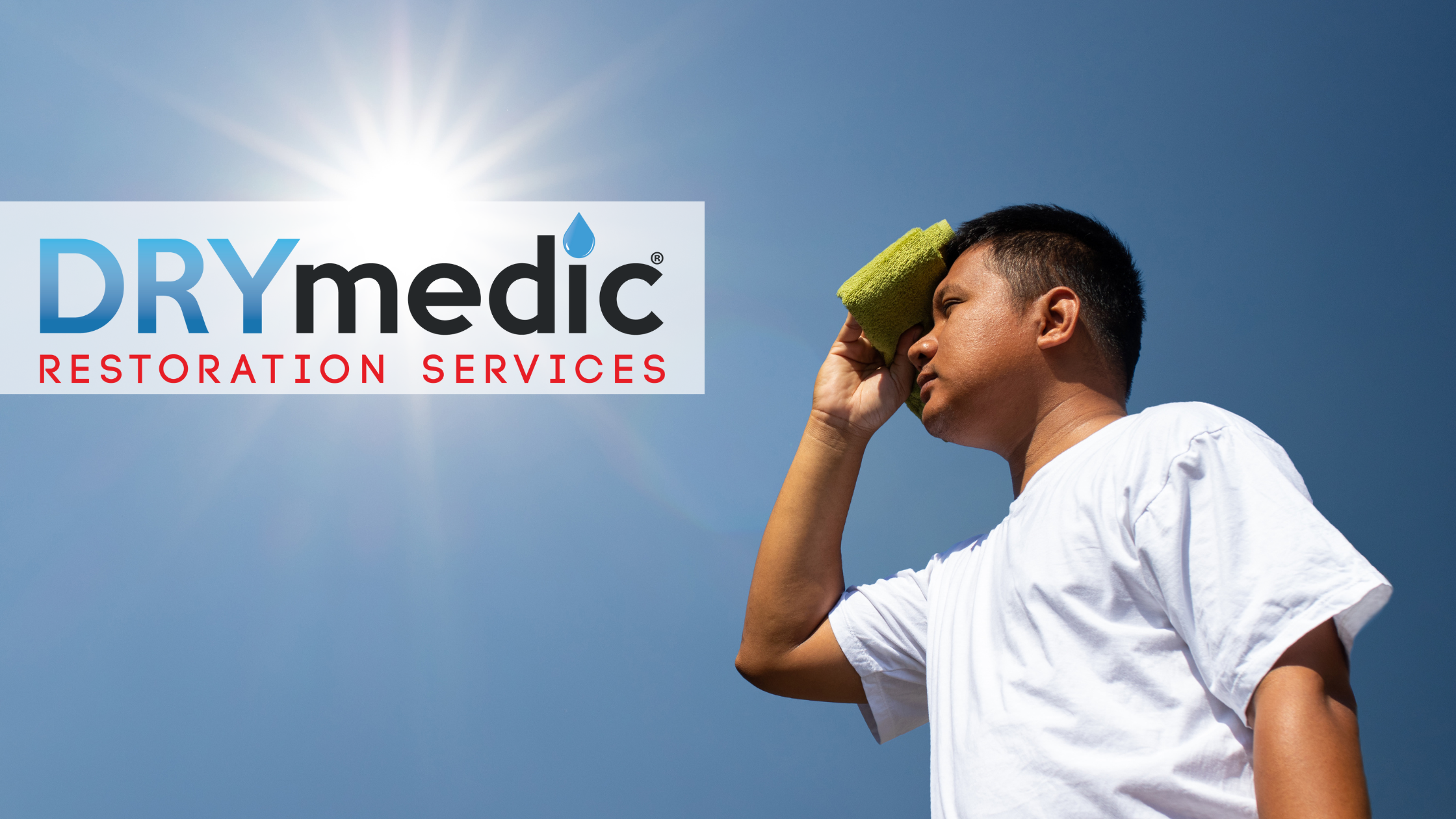Staying Safe in the Heat: Tips to Protect Your Home and Family During Summer Heatwaves
July 15, 2024

As summer heats up, it’s crucial to safeguard your home and loved ones from the scorching temperatures. Here are essential tips to beat the heat and stay safe:
Keep Your Home Cool
Use Fans and Air Conditioning: Ensure your cooling systems are working efficiently. Use fans to circulate air and consider using air conditioning during peak heat hours.
Close Curtains and Blinds: Keep curtains and blinds closed during the hottest part of the day to block out direct sunlight and reduce indoor temperatures.
Stay Hydrated
Drink Plenty of Water: Stay hydrated by drinking water regularly, even if you don’t feel thirsty. Avoid excessive caffeine and alcohol consumption, as they can lead to dehydration.
Limit Outdoor Activities
Avoid Peak Heat Hours: Schedule outdoor activities, such as exercise or yard work, during the cooler parts of the day, typically early morning or late evening.
Take Breaks: If you must be outside during peak heat, take frequent breaks in shaded or air-conditioned areas.
Protect Vulnerable Individuals
Check on Elderly Relatives and Neighbors: Ensure elderly family members and neighbors are staying cool and hydrated. Offer assistance if needed during heatwaves.
Keep Pets Cool: Provide pets with plenty of water and shade. Avoid leaving them in hot cars or direct sunlight for extended periods.
Prevent Heat-Related Illnesses
Recognize Symptoms: Learn the signs of heat exhaustion and heat stroke, including dizziness, nausea, rapid heartbeat, and confusion. Seek medical help immediately if symptoms occur.
Cool Down Quickly: If someone shows signs of heat-related illness, move them to a cooler place, apply cool cloths or towels to their body, and offer water if they are conscious.
Protect Your Home from Heat Damage
Insulate Your Home: Improve insulation to keep cool air inside and reduce energy costs. Consider using reflective window coatings to minimize heat gain.
Ventilate Attics and Roofs: Ensure adequate ventilation in attics and roofs to prevent heat buildup, which can lead to structural damage over time.
Emergency Preparedness
Create a Heat Emergency Plan: Develop a plan for dealing with extreme heat events, including identifying local cooling centers and emergency contacts.
Stay Informed: Monitor weather forecasts and heat advisories issued by local authorities. Stay indoors during extreme heat alerts whenever possible.
By following these tips, you can ensure a safe and comfortable summer for your family and protect your home from the damaging effects of heatwaves. Stay vigilant, stay cool, and enjoy the season responsibly!
—
For emergency property damage services due to heat or other incidents, contact DRYmedic. We're available 24/7 to assist with fire damage restoration, water damage repair, and more. Contact the DRYmedic team at (503) 451-5425!